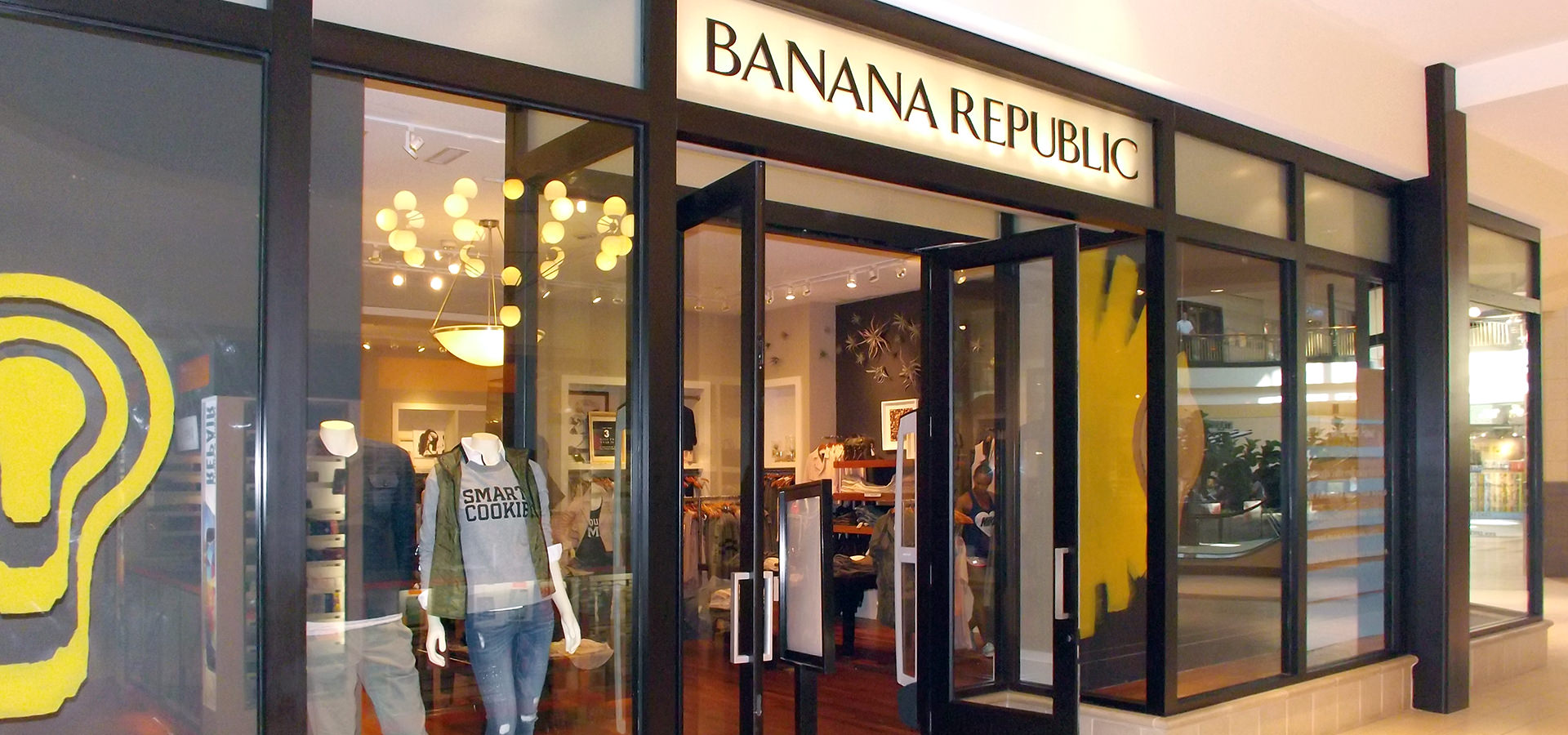
What would a book about North Korea (officially the Democratic People’s Republic of Korea) be without some kind of controversy tied to it? Certainly not Suki Kim’s seminal 2014 book Without You, There Is No Us: My Time with the Sons of North Korea’s Elite.
Suki Kim was born in South Korea smack-dab in the middle of the highly authoritarian Park Chung-hee era. She and her family then immigrated to the United States in the wake of a minor hotel scandal in Washington D.C., when Ms. Kim was five years old.
Without You, There Is No Us (the author borrows the title from a patriotic song celebrating the Great General Kim Jong-il) follows Suki Kim’s journey in and around Pyongyang over a roughly 10-year period, from her first visit to the capital city of the DPRK in February 2002 to the six months she lived in Pyongyang in 2011, or Juche 100 (of course North Korea has its own calendar, which starts in 1911, the year Kim Il-sung was born according to the Gregorian calendar).

(The always romantic Pyongyang. Imagine how beautiful it is at night without electricity.)
Ironically, she first went to North Korea for Kim Jong-Il’s 60th birthday, and left upon his death in December 2011.
The book focuses mainly on Ms. Kim’s experience in 2011, when she was an ESL instructor at a school that taught its undergraduates neither science nor technology but was aptly called the Pyongyang University of Science and Technology (PUST). Further to that, the school was completely funded by the $10 million James Kim, a Korean American, raised from evangelical churches worldwide, yet PUST did not allow for the teaching of any faith, and students were not allowed to be exposed to the Bible.
WTF?
As she herself put it, there were “[t]hirty missionaries disguised as teachers and 270 male North Korean students and me, the sole writer disguised as a missionary disguised as a teacher.”
It’s tantalizingly titillating. Deception upon deception upon deception. Now, to be fair, how else are we going to learn anything relatively objective about the ultimate Hermit Kingdom if not by deceit, spying, and other duplicitous behaviour? The short answer is that it’s impossible.
So, the first layer to this onion is that most of these Christians were not properly trained as ESL teachers. The second layer is that almost nobody had a Ph.D., yet they were mostly referred to as “professors” and “teaching assistants.” The third layer is that Suki Kim is not Christian, and identifies her family as mostly atheist. The fourth layer is that she had to keep track of her experiences surreptitiously on four separate memory sticks, as her every move, conversation, email correspondence, and phone call was monitored by North Korean officials.
Aside from getting a general background on Korean history (both sides of the border), we also learn about Ms. Kim’s upbringing, her family members, and her career as a writer and journalist (and teacher). Mostly, though, the reader is given as intimate an account of everyday life for North Korean students as you can read about today.
It will come as no surprise that North Koreans have been brainwashed to a point that we would call Jim Jones-like cultism; they venerate Kim Il-sung, his son, Kim Jong-il, and now Kim Jong-un as something akin to how God-fearing Christians view God and Jesus Christ.
(Those are two tall dudes.)
They’re also hopelessly ignorant (and Kim Suki was reportedly teaching the best and brightest in the country). Apparently kimchi is the most famous food on all continents, Korean is spoken in every country, the world reveres Kim Il-sung, and North Korea is the gold standard by which other nations should aspire to emulate. But ask them about Macs, iPods, Kindles, the Internet, the Great Pyramid of Giza, the dark web, Burger King, Steve Jobs, Mark Zuckerberg, or the first country to land a man on the moon, and all you will hear is crickets.
As one reviewer, Euny Hong, quipped in her New York Times book review in 2014:
“To call North Korea a banana republic — the term historically used to denote little dictatorships with only one export — would be an insult to bananas. For North Korea produces nothing the world needs, and the regime knows it. Kim recounts many examples of how this global uselessness is the regime’s own fault. To cite just one, the government has, until very recently, concealed the existence of the World Wide Web.“

(Who knew? North Korea has a clothing and accessories retail chain.)
Finally, there is the last “hot issue” surrounding this book. Depending on which version of the book you buy (i.e. which printing and in which country it’s purchased), the word “memoir” may or may not appear on the cover.
According to an interview with NPR titled “Mislabeled as a Memoirist, Author Asks: Whose Work Gets To Be Journalism,” Kim Suki “argued that her investigative reporting would not have been confused for a personal narrative account were she not Korean or a woman.”
Ms. Kim put it in her own words as follows: “I did not know that this was going to be a memoir until the very last minute, when the book cover arrived and I saw the words. And I immediately said, ‘I don’t under[stand]. I mean this is not a memoir.’ I never thought of it as that. The book has personal perspectives, but all of that was used to explain this foreign world. Now suddenly my reporting was not acknowledged once you call it ‘memoir.'”
Whatever you label it, this is a fantastic book and a one-of-a-kind journey into the heart of the beast. As someone who read the book knowing nothing about the author or her objective, Without You, There Is No Us is successful both as a memoir and investigative journalism to me.
Finally, Suki Kim has done a very good job, partly through her own personal stories, to explain what to outsiders is a complicated situation as seen through a Western lens: from Romanization (there are three systems now in play between the two Koreas) and geography (why the 38th parallel and why in 1945?) to history (the Three Kingdoms of Korea era is different from the three-dynasty period) and cultural traits (why basketball and soccer are acceptable sports in North Korea because they’re group activities, while golf and tennis are alien to North Koreans as individual endeavours).
Long of the short, in a time when Trudeau and Trump are both being blasted by the media and citizenry alike, read this book if for nothing else than to be soberly reminded how much we have to be grateful for in our respective democracies.
UPDATE: In a December 16, 2014 letter to the editor of The New York Times, Suki Kim wrote the following:
“The review of my book Without You, There Is No Us: My Time with the Sons of North Korea’s Elite (Dec. 14) offers a gross misreading. The reviewer writes: ‘Kim’s narrative suggests that the regime’s stranglehold on information is starting to crack.’
In fact, the book as a whole suggests quite the opposite — that the Democratic People’s Republic of Korea’s stranglehold is even tighter than we assume, and that it extends to the children of the elite. The reviewer cites a passage in which a tiny number of graduate students are taught to use Google as an example of North Korea’s loosening of control, omitting that the dean of the computer department thinks ‘their access must be quite limited.’ She also writes: ‘The books reminds us that evil is not only banal; it is also completely arbitrary.’
But my book is about the exact opposite — how evil is not arbitrary in North Korea, and how it is systematically meted out from the top down, the military dictatorship that exploits the myth of the Great Leader to its own citizens imprisoned in a gulag posing as a nation.”
SUKI KIM
NEW YORK


 Purchase your copy online from
Purchase your copy online from


